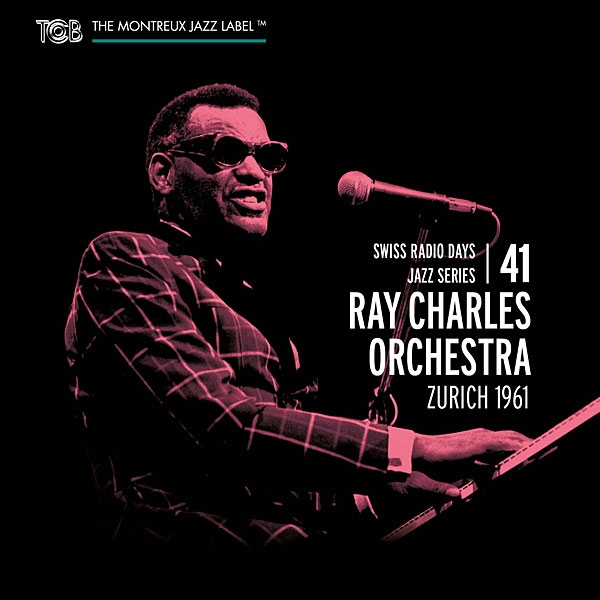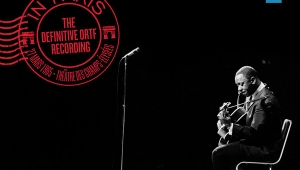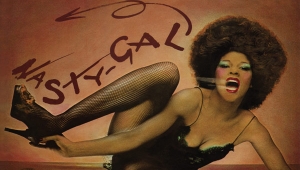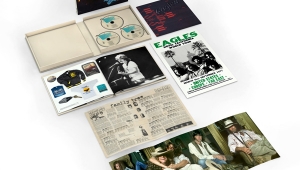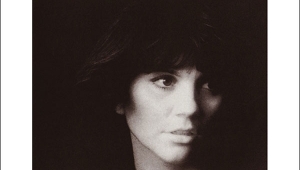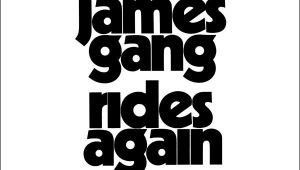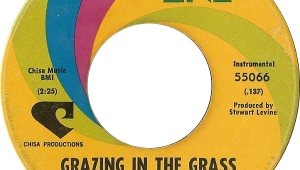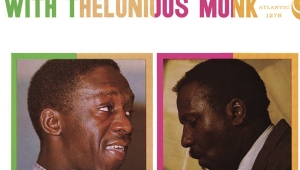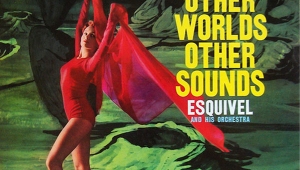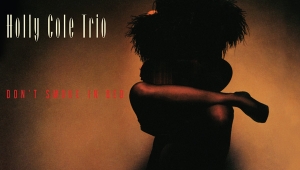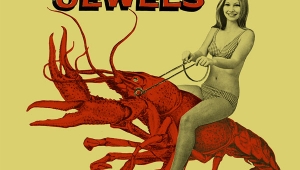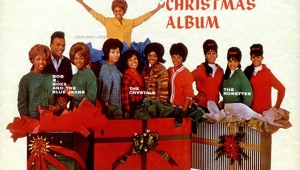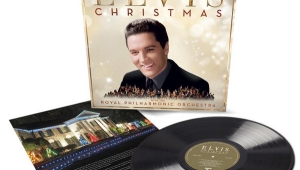| Columns Retired Columns & Blogs |
Oscar Peterson was one of the great piano talents of the 20th century. He showed a clear jazz lineage from Art Tatum. There are many fine albums with his trio units. For, example his trio with bassist Ray Brown sounds completely different from his trio with Danish bass player Niels Henning Oersted Pederson.
Also, he is quite expressive when you listen more deeply. It is easy to brush him off as just a guy with a lot of chops. His live performances had been sold out for years. These were exciting performances that delighted his audiences for decades. Putting him down is a good example of jazz snobbery that has no place. The jazz audience is small enough as it is and we should all be supportong this art form.
Now, if you choose to write an extended, well thought out piece where you go into the detail of Oscar's playing, style, and significance as a jazz musician, then it would show that you have out your time in and your opinion would matter in that context. Even if i didn't agree with you, I would respect what you wrote and try to learn from it.
